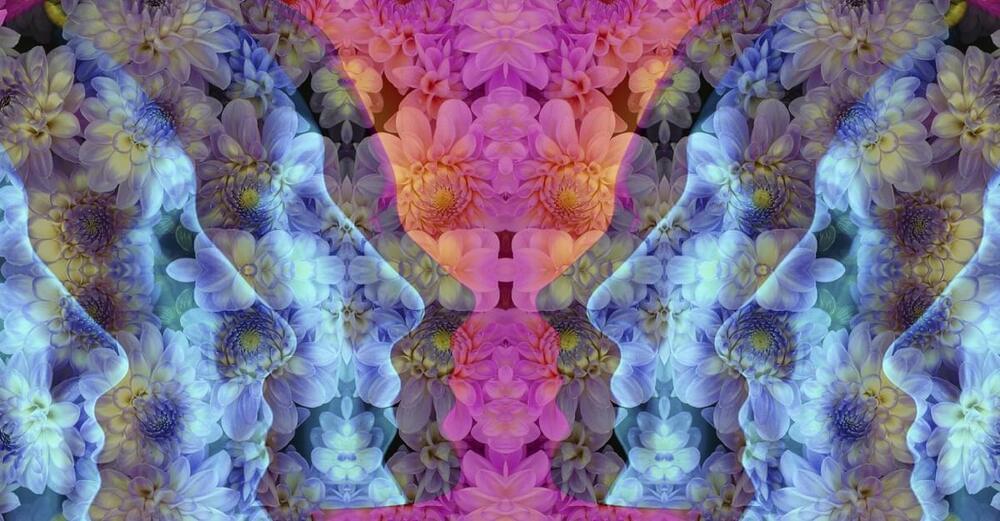Researchers found that psilocybin, from psychedelic mushrooms, extended cell lifespan and helped aging mice live longer and healthier.
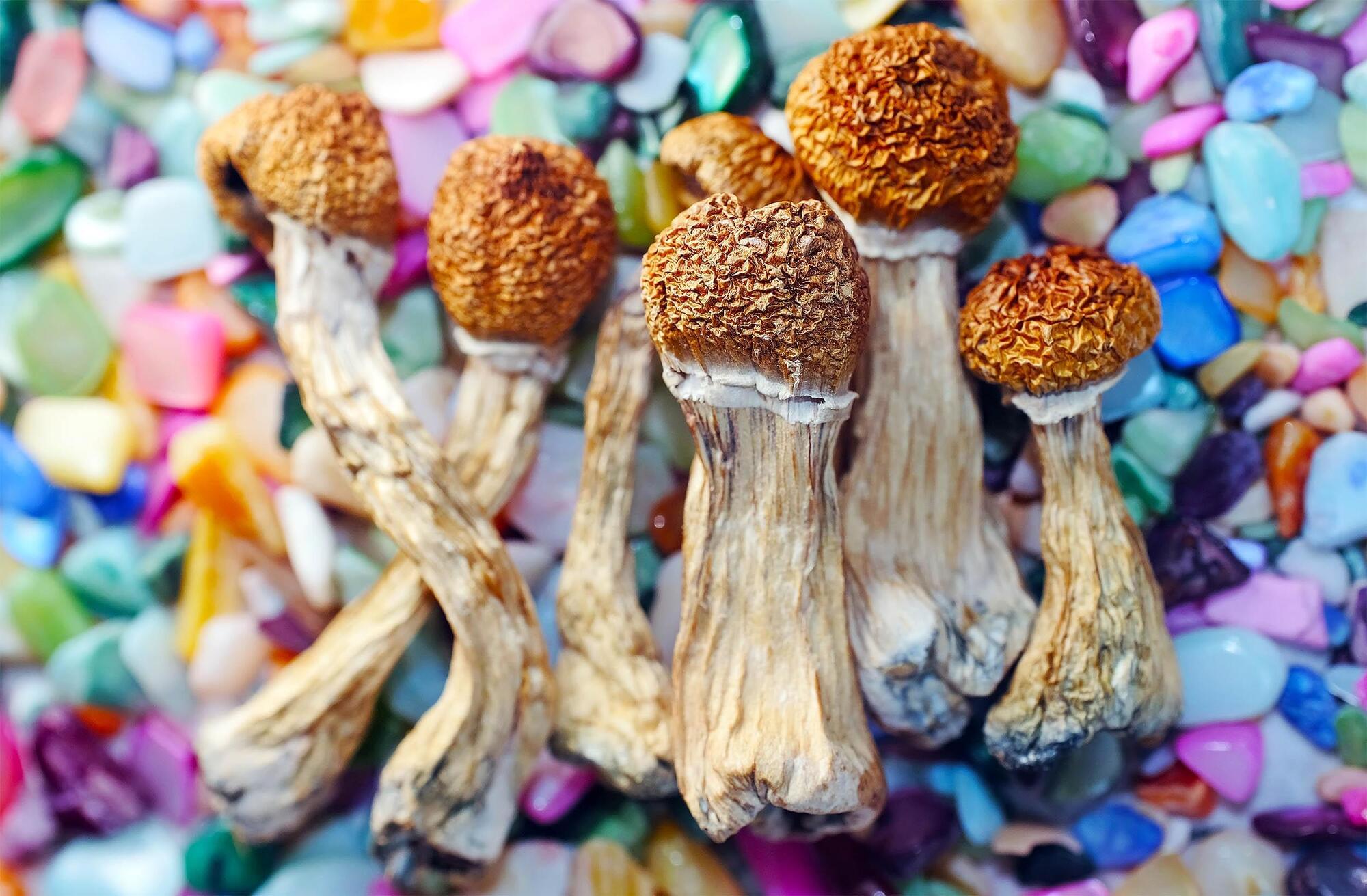

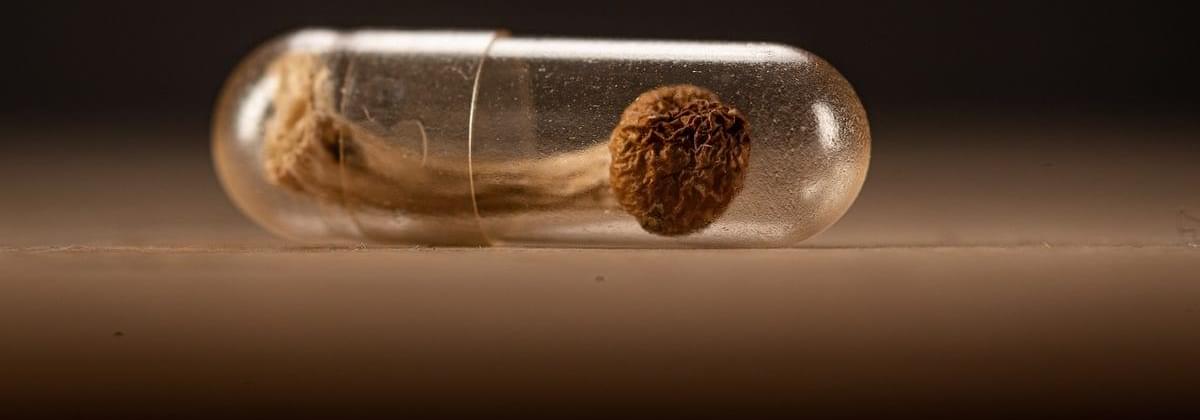
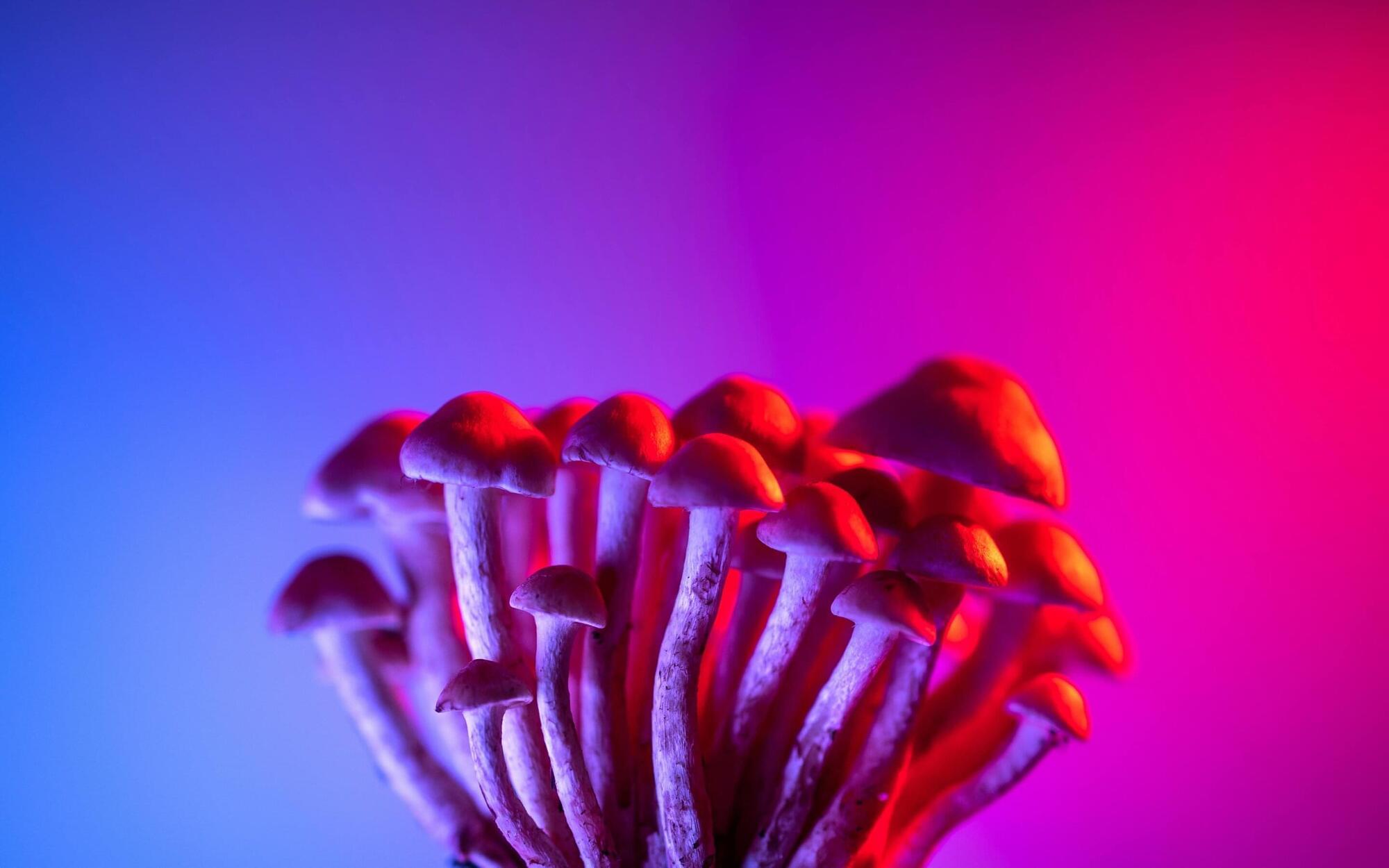
Psilocybin, a natural compound found in certain mushrooms, has shown promise in treating depression and anxiety. UC San Francisco researchers wanted to know if it could be used to help Parkinson’s patients who often experience debilitating mood dysfunction in addition to their motor symptoms and don’t respond well to antidepressants or other medications.
The results were surprising.
Not only did participants tolerate the drug without serious side effects or worsening symptoms, which is what the pilot study was designed to test, they also experienced clinically significant improvements in mood, cognition, and motor function that lasted for weeks after the drug was out of their systems.

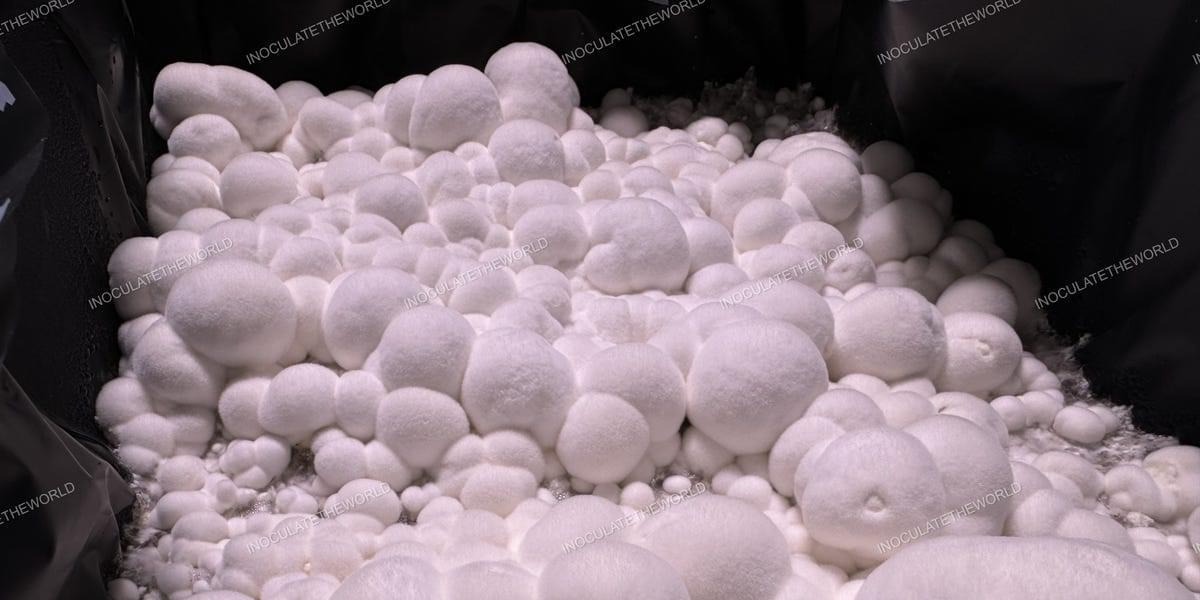
When you think of a mushroom—whether psilocybin or portobello—you probably envision a stem and cap common for this type of fungi. The new Snowball mushroom is anything but typical.
This particular strain of “magic mushroom” is aptly named, as it resembles dozens of snowballs packed together. Mycologist Pope Joseph painstakingly coaxed a mutation from another mushroom species into creating the look he wanted, says Drew Collins, founder and CEO of InoculateTheWorld (ITW). His company distributes mushroom spores and introduced the Snowball mushroom to the world.
The Snowball is a significant development in growing mushrooms that have psilocybin, a compound that causes psychedelic effects, such as visual and auditory hallucinations. This form is unlike anything that’s ever been seen in mushroom cultivation before, Collins says. “I’ve been describing it as that moment you look out the window of a plane and there’s a never ending field of clouds.”
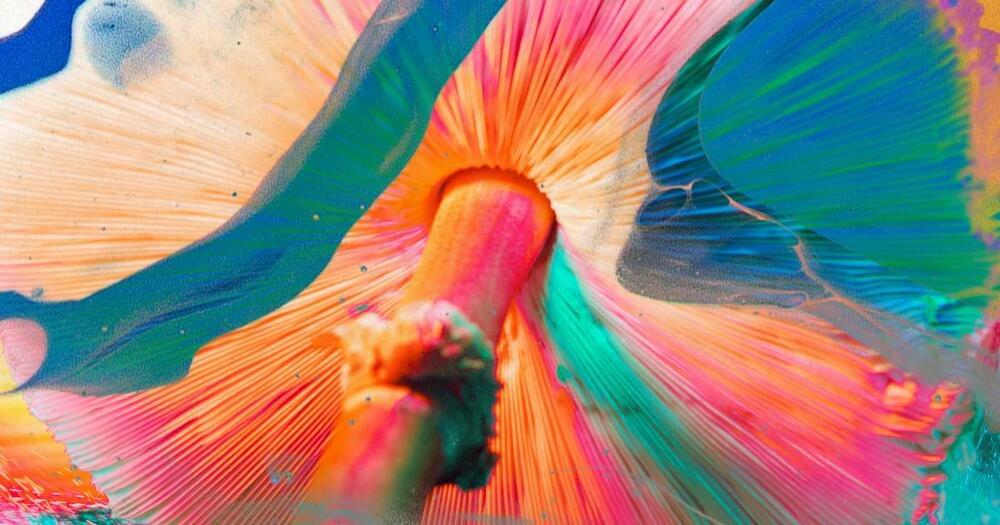
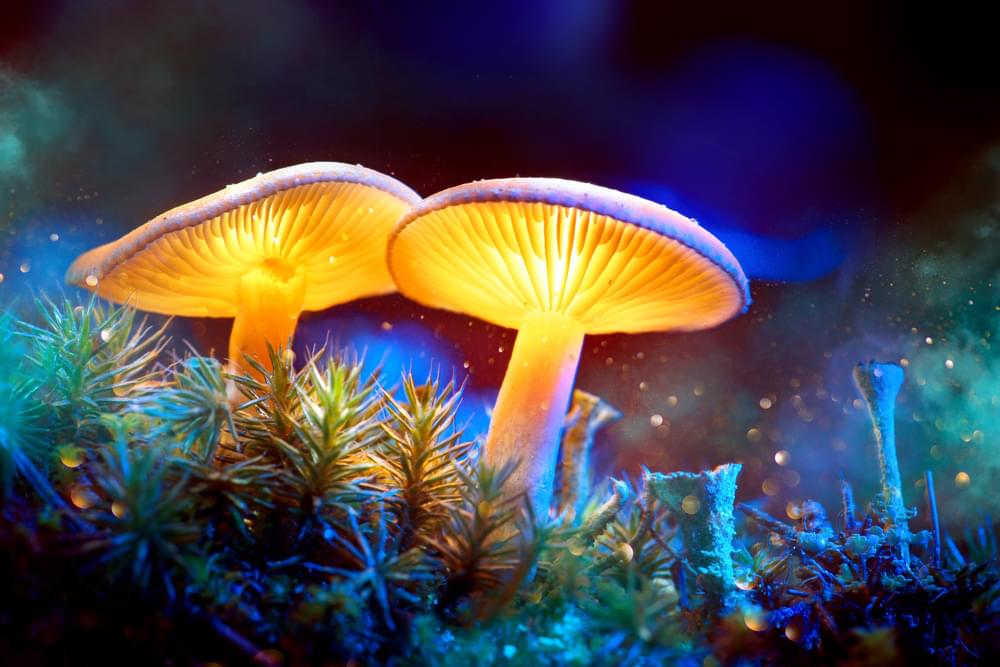
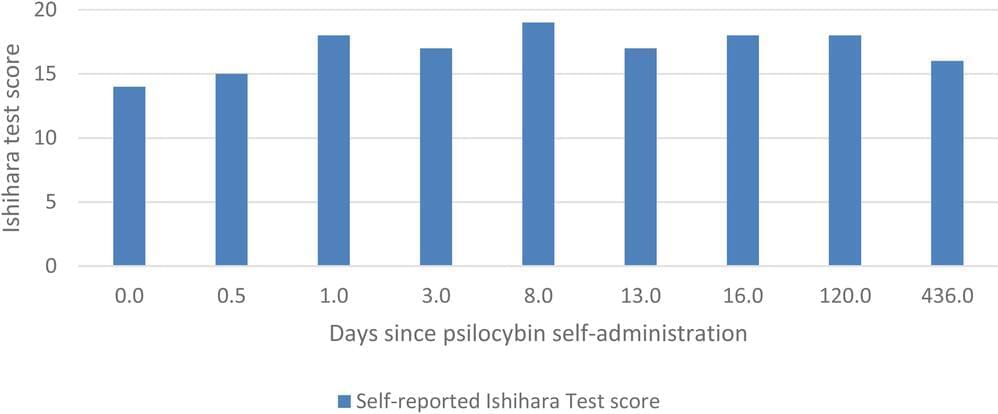
Researchers at the Department of Psychiatry and Psychology, Center for Behavioral Health, Neurological Institute at the Cleveland Clinic in Ohio have authored a case report on the positive effects of psilocybin on color blindness.
Published in the journal Drug Science, Policy and Law, the researchers highlight some implications surrounding a single reported vision improvement self-study by a colleague and cite other previous reports, illustrating a need to understand better how these psychedelics could be used in therapeutic settings.
Past reports have indicated that people with color vision deficiency (CVD), usually referred to as color blindness, experience better color vision after using lysergic acid diethylamide (LSD) or psilocybin (magic mushrooms). There is a lack of scientific evidence for these claims, as researching the effects of these drugs has been highly restricted.
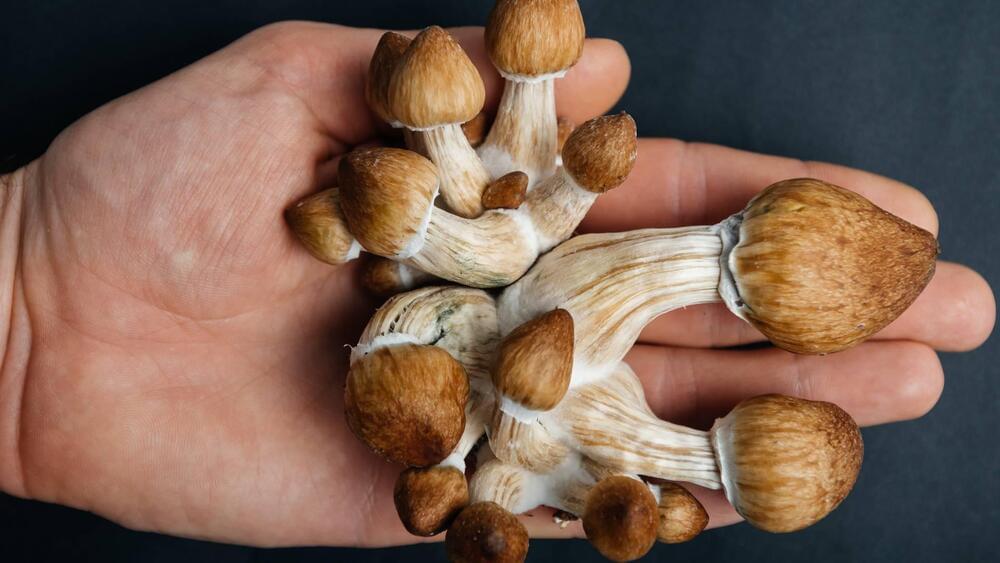
In a resort in Jamaica, athletes are finding solutions that Western medicine has missed.
A new report published Friday on ESPN
The mushrooms and therapy sessions are provided in Jamaica in the Good Hope Estate, a sugar plantation turned exclusive resort that claims to help those that prescription medication cannot.
